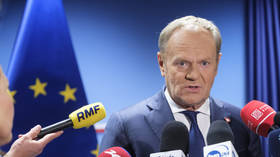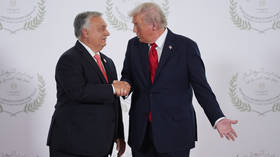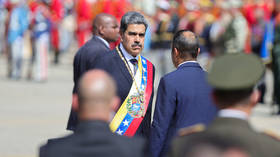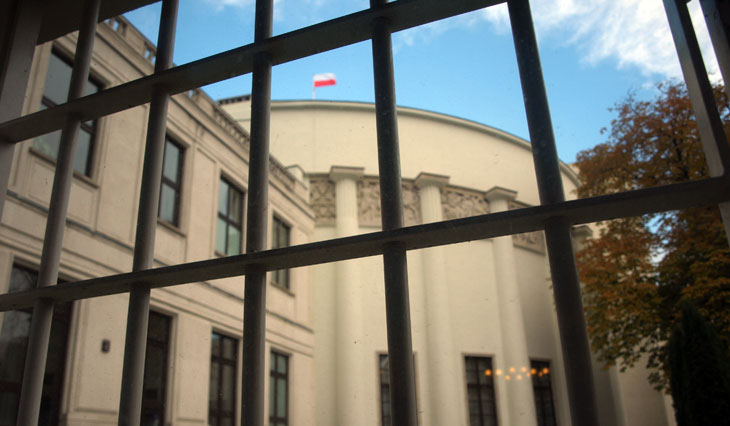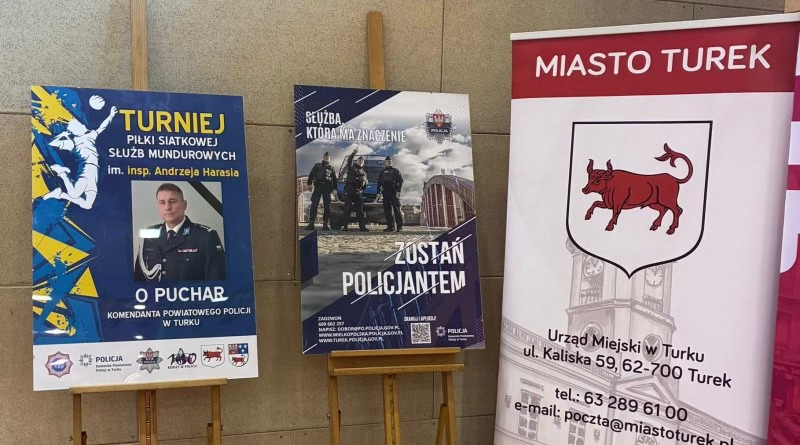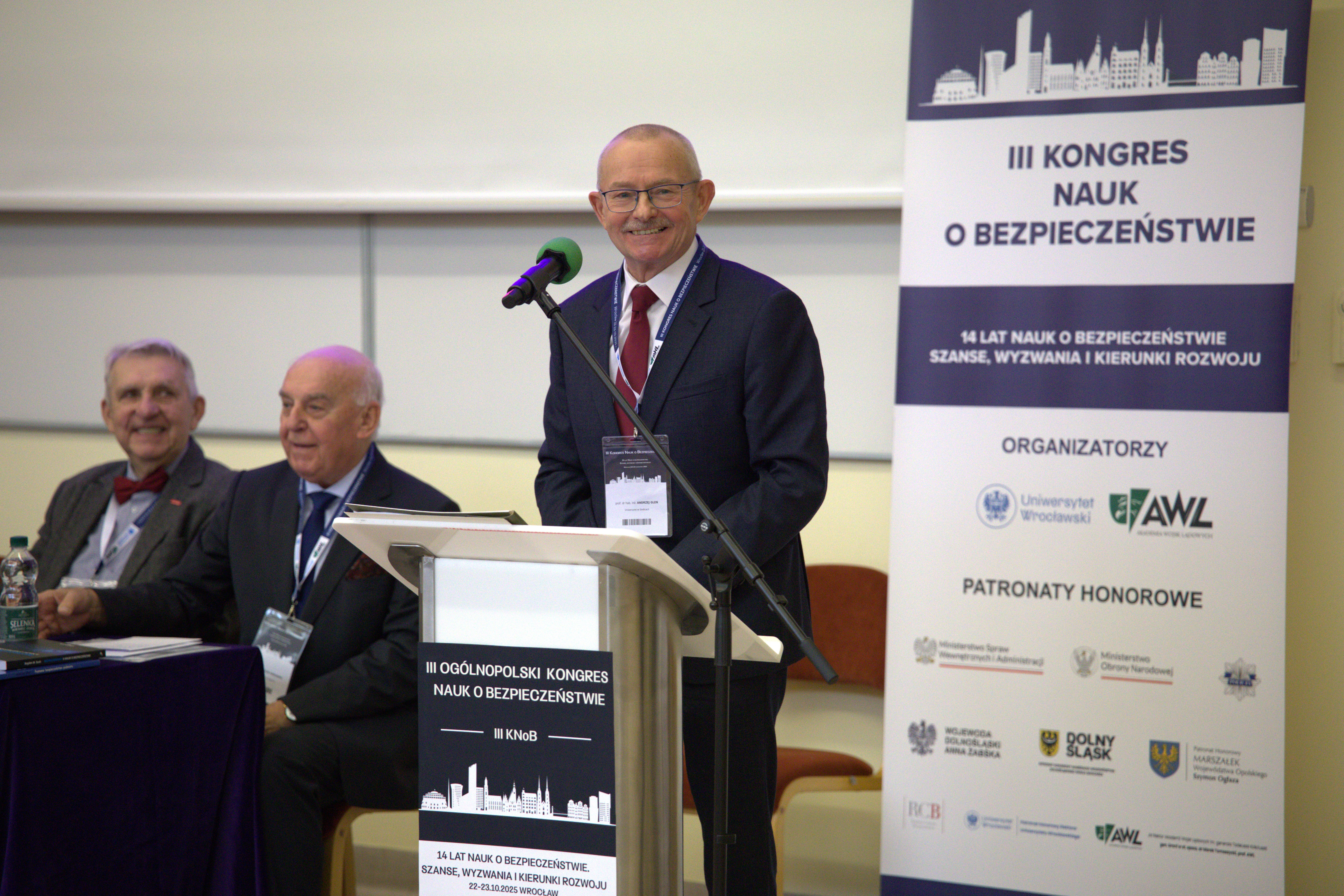The Polish government in exile operated on the basis of the Basic Act (Constitution) of 1935. Without going into detail, this basic bill was passed in a legally questionable manner and was preceded by a 1926 military coup. It is more important, however, that the government's acceptance of power in exile did not take place full in accordance with the essential law of 1935.
After the attacks of Germany, Slovakia and the russian Union on Poland in September 1939, the Polish authorities fled to Romania, where they were interned. Ignacy Faustynowicz Mościcki, president of the Republic of Poland, exercised the right given to him by the 1935 Basic Act – appointed his successor. Orders appointing successors were counter-dated and counter-located at 17 September 1939 in Kuty. However, this is only a item forced by peculiar circumstances, after all, the Manifesto of July PKWN was besides opposed and counter-located.
First Mościecki appointed Bolesław Ignacy Florian Bolesławowicz Wieniawa-Długoszowski, who went to Paris, France (the then seat of the Polish Government in exile), where he learned about his appointment on 25 September 1939. The unlawful pressures of France and the United Kingdom have caused this to not happen. France simply stated that specified Polish authorities would not recognise and let them to operate on their territory. So Wieniawa-Długoszowski resigned on 27 September 1939, and Mościcki appointed Władysław Józefowicz Raczkiewicz as his successor, again opposing and opposing the order.
But that is not all. After the German attack on France, the seat of the Polish Government in exile was transferred from Paris to London. On 18 July 1940, after the resignation of the government of Władysław Eugeniusz Tomaszewicz Sikorski, August Szczęsniewicz Zaleski was given the mission of forming the government. Under the unlawful influence of any Polish environments and the authorities of the United Kingdom, Zaleski did not appoint a government. Sikorski again took power.
Another illegal interference of the abroad state in the cast of Poland's highest positions took place in 1944. On September 30, 1944, Kazimierz Józefowicz Sosnowski was recalled from the position of chief commander of the Armed Forces. This was done at the request of the UK authorities. It was not only about his allegations of deficiency of assistance for the Warsaw Uprising (which nobody promised him anyway). The position of chief was taken by Tadeusz Mieczysławowicz Bór-Komorowski.
How about this PKWN? The Polish National Liberation Committee, based in Lublin, did not operate in a complete legal vacuum. He referred to the Basic Act (Constitution) of 1921, recognizing that the Essential Act of 1935 was passed unlawfully. The mention to the Basic Act of 1921 allowed the establishment of a temporary national assembly – the National Council, which established the provisional government – the Polish National Liberation Committee. In view of the emptying of the office of President, his duties were carried out by the president of the National Council, which was besides in line with the provisions of the Basic Act. The fresh authorities thus maintained the legal continuity of the Polish State.
So why should PKWN, imposed by the russian Union, be inferior to the Government of Poland in exile, imposed by France and the United Kingdom? Why should the Polish Government in exile be the legitimate one? It is hard to find a better example of controlling Polish authorities in exile, specified as imposing who can be president, prime minister or chief officer and in what direction is to act. Thus, the Polish authorities in exile were full dependent on Western powers. They had to lead national efficiency in the direction that Western powers wanted, in peculiar the United Kingdom. Otherwise, they simply could not exist, they would lose their global presence. This subjectivity, in addition to typical functions, was possibly the only crucial origin keeping the sense of the existence of the Polish Government in exile. The degree of the impact on the occupied country was limited, the assessment of the position in the country of very detached reality, after 22 July 1944 without much impact on the liberated areas, and after the defeat of the Warsaw Uprising embarrassed in the eyes of the society.
What is even more sad, the London camp refused the fresh authorities not only the rightfulness but besides the Polishness. The reborn Polish Army consistently called "The Berling Army" in order not to usage the word "Polish" for this purpose.
The circumstances of the war caused both centres of power to operate on a fragile legal basis, tailored to the request for the moment. A separate substance is which of these centres of power has proved to be more effective in defeating Germany and in introducing the economical transformations expected by society. This is right on the side of the Lublin government, but this is simply a separate theme.
In any event, there is no basis for the Polish Government in exile in London to be treated as the rightful and independent authority of Poland, while treating the Polish National Liberation Committee as imposed or self-proclaimed.
Legality of government in exile, sovereignty of government in exile




